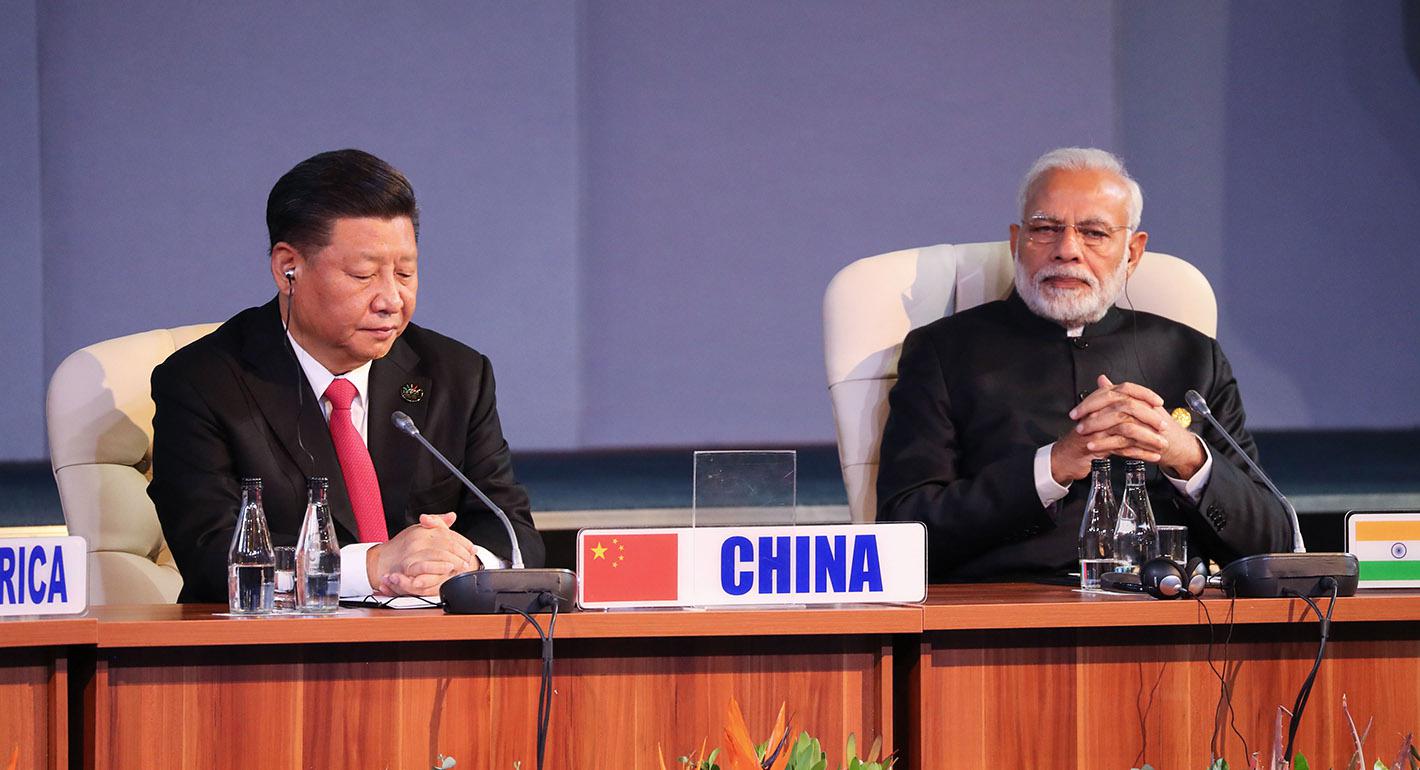Registration
You will receive an email confirming your registration.
On June 15, at least 20 Indian soldiers, including a Colonel, lost their lives in a violent clash between Indian and Chinese troops in the Galwan Valley region of eastern Ladakh. The incident occurred amidst a stated "de-escalation process” in the high-altitude border area, and less than a week after both countries announced that an agreement towards peaceful resolution had been reached. Chinese military incursions at the border are being viewed as an unprecedented departure from the status quo – leading to the first deaths at the Line of Actual Control (LAC) in 45 years. China's People’s Liberation Army, however, has claimed sovereignty over the Galwan Valley region and accused India of violating their agreement.
As tensions between India and China soar, what immediate impact will this conflict have on their already precarious relationship? How can India prioritise its economic, political and security needs in the face of China’s increasingly powerful, and aggressive, global strategy? What implications does this clash hold for the balance of power in India's immediate neighborhood and around the world?
We hosted Ashley J. Tellis and Gautam Bambawale for a webinar on the implications of escalating Sino-Indian border tensions. The discussion was moderated by Rudra Chaudhuri.
Speakers
Ashley J. Tellis
Ashley J. Tellis holds the Tata Chair for Strategic Affairs and is a senior fellow at the Carnegie Endowment for International Peace, specializing in international security and U.S. foreign and defense policy with a special focus on Asia and the Indian subcontinent.
Gautam Bambawale
Gautam Bambawale was the ambassador of India to China, Pakistan, and Bhutan.
Moderator
Rudra Chaudhuri
Rudra Chaudhuri is the director of Carnegie India. His primary research interests include the diplomatic history of South Asia and contemporary security issues.
